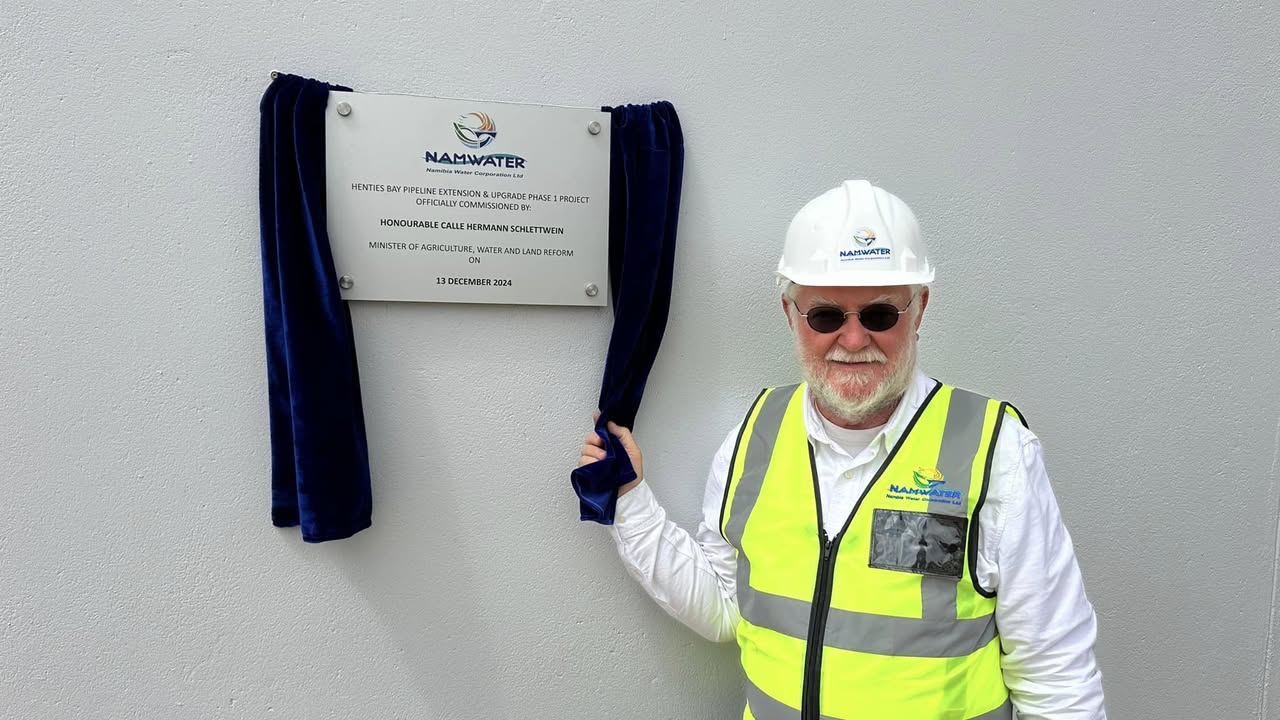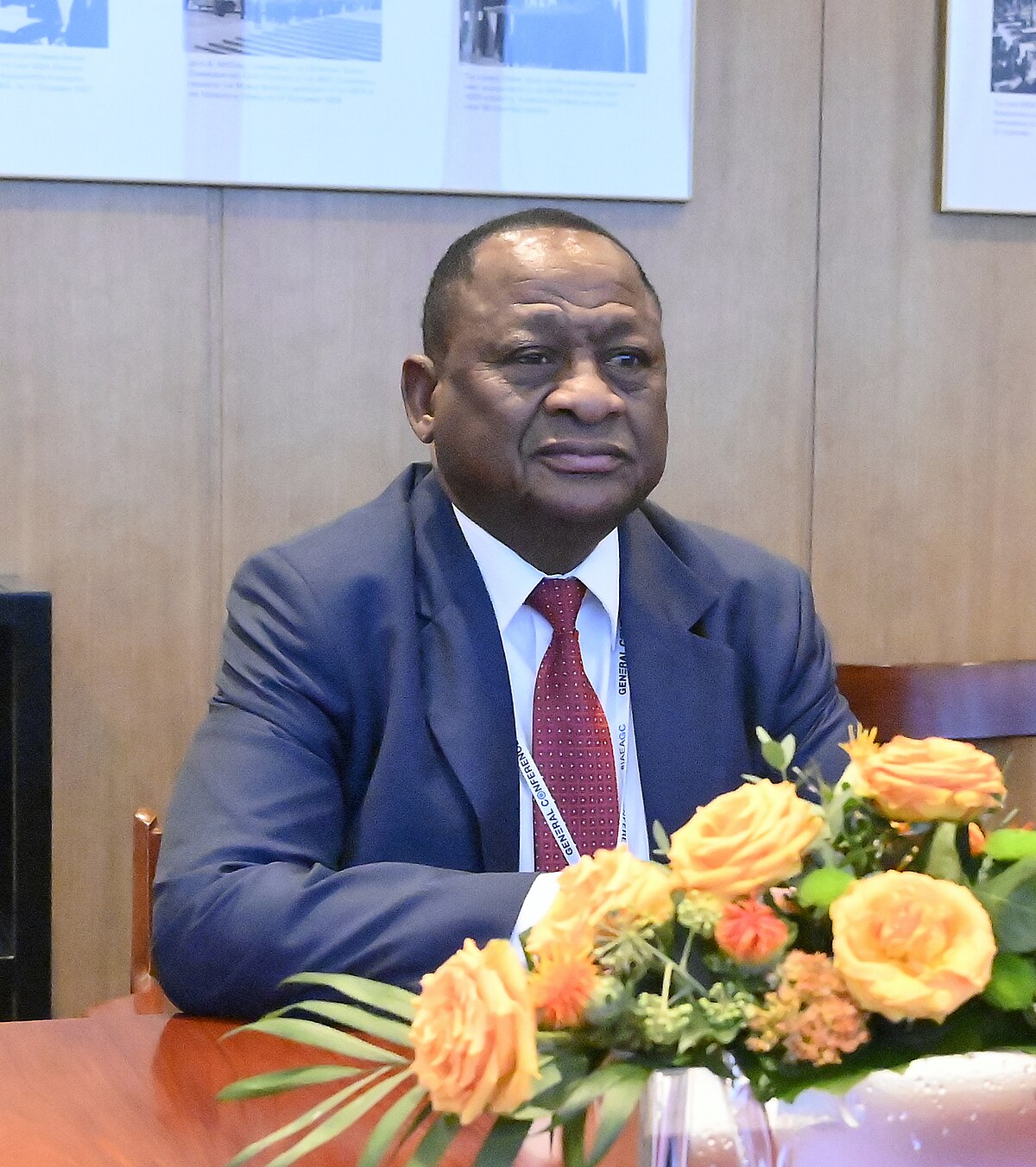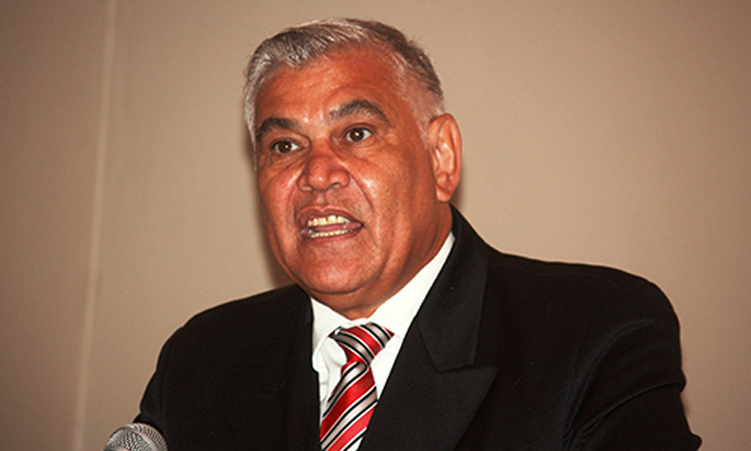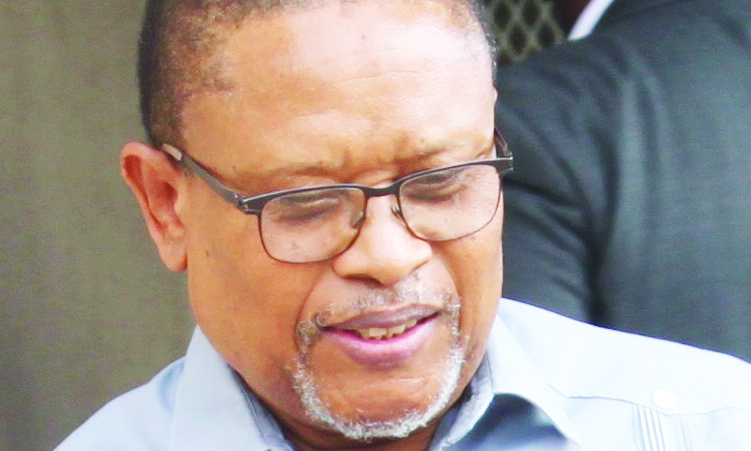THE American Embassy has expressed surprise that a Namibian Government official has questioned the validity of special travel documents issued to 11 fugitive Cuban doctors in Namibia.
It says Namibia has long accepted the use of such travel documents as legitimate and legal. The US response was the latest twist in the saga surrounding the fate of the Cuban doctors, who have been in hiding in Namibia for seven months.’DOUBTS’ DISPUTED On Friday, the Deputy Chief of Mission at the American Embassy in Windhoek, Eric Benjaminson, said a Government official’s comments on documents granted to the Cuban doctors did not reflect the truth of the matter at all.Home Affairs spokesperson Kuaku Hengari, quoted in an article in Friday’s The Namibian, ‘Nam doubts US travel papers’, said the doctors who were trying to leave “simply don’t have the necessary travel documents”.On the special emergency travel documents granted to the doctors by the American Embassy, Hengari said that the “the legality of these documents are (sic) not known”.Benjaminson said use of Special Public Benefit Parole documents – issued by the Embassy to people who wish to go to the United States but who do not have passports – was normal practice.”The bottom line is that refugees and parolees are processed through international airports into US ports of entry every day using these documents,” he said.”Air Namibia has accepted these documents in the past and did so with one of the Cuban doctors who successfully departed Namibia for the US.”Benjaminson said they did not know what now made the Ministry (of Home Affairs) “think these transportation and parole documents are any different from others that they have seen and honoured in the past”.”We would welcome any questions on the documents from the ministry …We would be very happy to meet with them and assure them that these documents are legal, and dispel any anxiety that they may feel.”The doctors have been living in Namibia for the past two years as part of the country’s long-standing co-operation agreement with Cuba on health.Last year all of them applied to go and live in the US as part of a humanitarian programme run by that country.The programme accepts people from countries with a proven bad human rights records who already have family living in America.Namibian officials have said that they can leave the country provided they have valid travel documents.All 11 doctors have been accepted by the US, but have not been able to leave Namibia because their passports are held by the Cuban embassy.Apparently, as part of an agreement between Namibia and Cuba, national documents are handed over to the Cuban embassy until the doctors return home at the end of their contracts.Meanwhile, the doctors who have applied for asylum remain in hiding, having broken their contracts to try and get into America.Three of them have approached the Legal Assistance Centre (LAC) for help.The LAC gave Government a deadline – which passed on Friday – within which to reply to its demands that the doctors be allowed to leave the country.Failing which, LAC Director Norman Tjombe said they would submit a formal application to the High Court to challenge the constitutionality of the Cuban-Namibian agreement.The US response was the latest twist in the saga surrounding the fate of the Cuban doctors, who have been in hiding in Namibia for seven months.’DOUBTS’ DISPUTED On Friday, the Deputy Chief of Mission at the American Embassy in Windhoek, Eric Benjaminson, said a Government official’s comments on documents granted to the Cuban doctors did not reflect the truth of the matter at all.Home Affairs spokesperson Kuaku Hengari, quoted in an article in Friday’s The Namibian, ‘Nam doubts US travel papers’, said the doctors who were trying to leave “simply don’t have the necessary travel documents”.On the special emergency travel documents granted to the doctors by the American Embassy, Hengari said that the “the legality of these documents are (sic) not known”.Benjaminson said use of Special Public Benefit Parole documents – issued by the Embassy to people who wish to go to the United States but who do not have passports – was normal practice.”The bottom line is that refugees and parolees are processed through international airports into US ports of entry every day using these documents,” he said. “Air Namibia has accepted these documents in the past and did so with one of the Cuban doctors who successfully departed Namibia for the US.”Benjaminson said they did not know what now made the Ministry (of Home Affairs) “think these transportation and parole documents are any different from others that they have seen and honoured in the past”.”We would welcome any questions on the documents from the ministry …We would be very happy to meet with them and assure them that these documents are legal, and dispel any anxiety that they may feel.”The doctors have been living in Namibia for the past two years as part of the country’s long-standing co-operation agreement with Cuba on health.Last year all of them applied to go and live in the US as part of a humanitarian programme run by that country.The programme accepts people from countries with a proven bad human rights records who already have family living in America.Namibian officials have said that they can leave the country provided they have valid travel documents.All 11 doctors have been accepted by the US, but have not been able to leave Namibia because their passports are held by the Cuban embassy.Apparently, as part of an agreement between Namibia and Cuba, national documents are handed over to the Cuban embassy until the doctors return home at the end of their contracts.Meanwhile, the doctors who have applied for asylum remain in hiding, having broken their contracts to try and get into America.Three of them have approached the Legal Assistance Centre (LAC) for help.The LAC gave Government a deadline – which passed on Friday – within which to reply to its demands that the doctors be allowed to leave the country.Failing which, LAC Director Norman Tjombe said they would submit a formal application to the High Court to challenge the constitutionality of the Cuban-Namibian agreement.
Stay informed with The Namibian – your source for credible journalism. Get in-depth reporting and opinions for
only N$85 a month. Invest in journalism, invest in democracy –
Subscribe Now!






